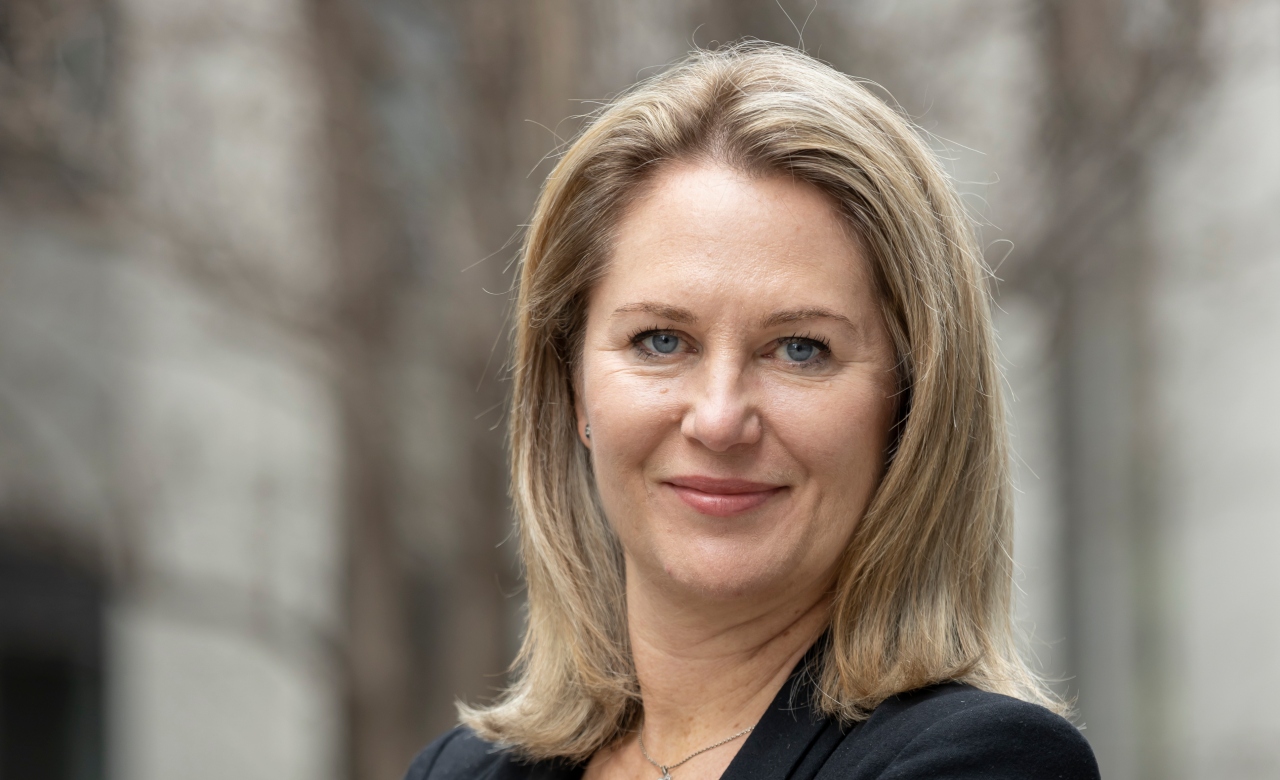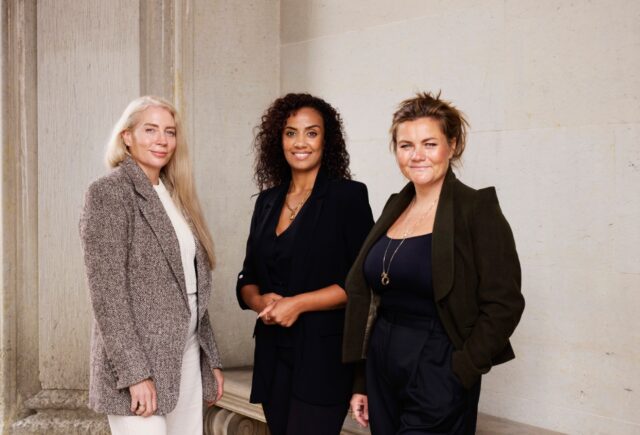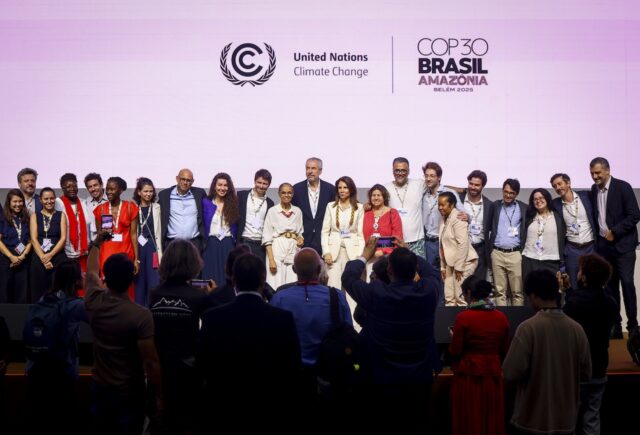Lisa Hehenberger of the Esade Center for Social Impact tells Impact Investor about the rationale for a report aimed at pushing impact up the agenda for decision-makers at Europe’s foundations.

Many European foundations don’t adequately integrate impact into strategic decision-making at board level, according to a report from the Barcelona-based Esade Center for Social Impact (ECSI). Co-author Lisa Hehenberger says it’s a shortcoming that needs to be addressed urgently.
The report, Governance of Impact: Can European Foundations Rise to the Challenge?, encourages European foundations to assess whether they are integrating impact considerations into their overall decision-making on funding and resource allocation and provides a framework and suggestions on how get social impact higher up the agenda.
Hehenberger, ECSI’s director, worked on the report with lead author Leonora Buckland, a senior researcher at the ESADE Business and Law, as well as ESCI researchers Cristina Osoro and Valentin Held. It was formally launched at the EVPA Impact Week in Turin last month.
To produce the research, the authors collaborated with six European foundations: Bertelsmann Stiftung, Fondation Daniel et Nina Carasso, King Baudouin Foundation and the Laudes Foundation, which all provided funding, along with Rethink Ireland, and Pontis Foundation.
The report notes there is sometimes a disconnect in foundations between the board of trustees and senior management on one side, and social impact professionals working on projects for the organisation on the other, which prevents the most useful and detailed impact data flowing upwards to those taking strategic decisions on future programmes.
“Decision-making bodies higher up in foundations often do not fully integrate impact data and impact thinking. Boards of trustees tend to be composed of people from business or legal backgrounds, and, while they contribute a lot of value to the foundation, they may not have the background to think about impact, focusing instead of what they know best, which tends to be the financials,” Hehenberger tells Impact Investor.
‘Talk about your impact’
The result is that, despite being in charge of organisations with a brief to do good, the topic of improving the impact of their projects may not even be raised at board meetings in some organisations.
“These are mission-driven organisations, so if they don’t talk about their impact, then there’s definitely something missing. That was the main motivation for the research – we need to make this a strategic topic for boards,” she says.
Hehenberger says the success of social programmes is often judged by foundations in bald terms, such as the number of programmes funded or the number of students taking part, rather than assessing the extent to which programmes actually improved lives. That is partly because social benefits can be complicated to measure compared to some environmental projects, for example, whose benefits may be more readily measured quantitatively in terms of carbon emissions reduced or avoided.
The report examines ways in which more granular impact data can be used by foundations to influence boardroom decision-making, effectively providing quantitative data on impact over time that can be analysed in a similar way to financial expenditure.
It provides suggestions on how foundations can assess their standing in terms of impact assessment at senior management level and identifies nine “levers” which foundations could deploy to better integrate impact into their top-level decision making. The levers cover people and culture, knowledge and information flows, and structures and processes. The report also includes case studies based on the work of collaborating foundations.
Esade has already been approached by other foundations seeking advice on how to implement the report’s findings and is exploring running workshops and training on some of the themes covered in it.
Board representation
Hehenberger hopes foundations will consider putting at least one person on the board with an impact background or who could be described as an “impact champion” to ensure proper discussion of the topic. She also says European foundations need to do more address to diversity, equity and inclusion issues (DEI) – an area where they lag their US and UK counterparts.
“European foundations think they have ticked the box of DEI by putting women on the board, which is, of course, very necessary. But what we are talking to foundations about now is how they can also make the board more representative of the stakeholder groups that they are trying to serve,” she says.
One example would be foundations working with specific beneficiary groups, such as migrants .”If you don’t have anyone from that background on the board or in the senior management team that could be an issue, because you may not be able to understand the perspective of those stakeholders,” Hehenberger says.
The authors acknowledge there are limitations to the report’s scope, given the small sample size and the diverse natures of foundations. The research focuses on case studies and overarching themes, rather than providing benchmarking data for governance of impact. However, they say benchmarking to compare progress across the sector could be a future valuable step for the project.
Benchmarking would enable the CEO or the board to instantly see how a foundation compared to its peer group on the governance of impact. It would also require foundations to be transparent about their operations, so they could share best practice.
“Foundations shouldn’t behave like the business world where, when you’re good at something, you don’t want to share to keep a competitive advantage. It should be much more about being proud of the things that you have done well and learning from both mistakes and solutions that work,” Hehenberger says.
The foundations participating in the research and the more than 50 foundations that make up the Community of Practice on Impact Measurement and Management that ECSI and BBK have been running for over three years are great examples of foundations willing to share, she said.






